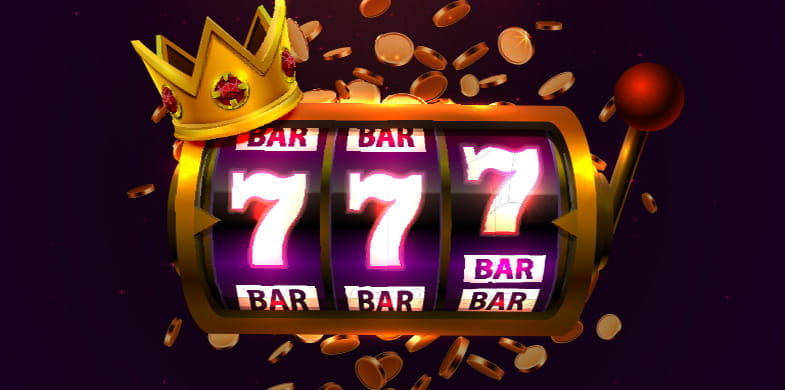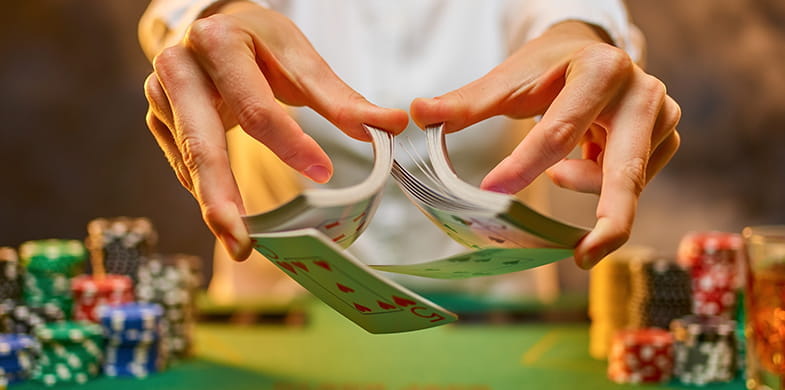Gambling psychology: why do we gamble?
Gambling is part of the history of humanity. From “How much do we bet?” Said to a friend, to cheer on a team after pointing through a bookmaker, arriving at the years spent learning how to count the cards and memorize strategies in the hope of beating, there is something in the nature of the gambling that seems to touch one of our ropes. But which one, exactly? And above all, how to check us to avoid getting out of the casino in canvas Braghe? Here, according to psychologists, what is a prawn motivate.Gambling creates the illusion of control
Our brains are predisposed to trust themselves too. Think about the illusion of knowledge, which can leave us a false sense of safety On the decisions that we are called to make every day: our brain simply refuses to admit that we do not know something obvious, or that we are unable to make precise estimates.
This exaggerated trust is amplified byillusion of control That Gambling gives us, thinking that our ability can influence a result defined instead of the case. Psychologists have identified two main factors that contribute to the illusion of control of a gambler: the go close to us and personal choices.
Go there
Going close to us appears in many forms of gambling, and can be described in general as Touch the jackpot But without winning it. It happens for example when you miss a number to win at the lottery, or when the ball of the roulette online He stops right next to the number you had focused on.
When these “almost victories” occur with a certain degree of frequency, the gambler is pushed to continue pointing, in the hope that the victory is actually close and in the illusion that the improvement of its skills will finally lead to success null
Personal choices
The illusion of control is also determined by the idea of personal choices. In situations where the player is given the opportunity to have an active role (How to choose the number to focus on, or pull the dice at the Craps table), the illusion that the player himself can somehow influence the final outcome is created. In reality, everything is ruled simply by randomness.
The bettor’s fallacy
The so -called Fallacia of the bettor It is that erroneous motivation that creates false expectations in the player, convinced that he can predict or influence the result of a makeshift game. In this case, the player attributes greater probability of success to a certain result, based on the previous ones. In practice, it is what progressive strategies are based on roulette: the belief that continuing to aim, and increasing the value of the episode, sooner or later the “red” will come out. In reality, even after 100 black numbers, the chances of another black is always 50/50.
Among the illusions, the one that changing the dimension (or progression) of the episodes can help win is one of the most common. In reality, the previous results do not influence future ones And the concept of long -term balance cannot be used as a safe strategy. If you continue to increase the episode, sooner or later you will reach the maximum level and even a win will not serve to cover the previous losses.
The aversion to losses
Nobody begins to play dirty with the idea of losing. Losing, to use it mildlyness, is irritating. Some searches have shown that the people who place an episode immediately after losing are actually more motivated by frustration for defeat that from enthusiasm for a possible win.
In the long run, players who lose heavily continue to play not so much for the emotion of a big win, but in an attempt to cover previous losses, not realizing that this form mentis will hardly lead them to success. This tendency to chase losses is one of the key characteristics of compulsive gambling.
FAQ
The game, including the gamble, is part of the history of humanity since the mists of time. Understanding why man dedicates himself to Gambling, however, is not so simple. Maybe you still have some doubts to dissolve? If so, you can take a look at the more frequent questions On gambling and why people practice it.



